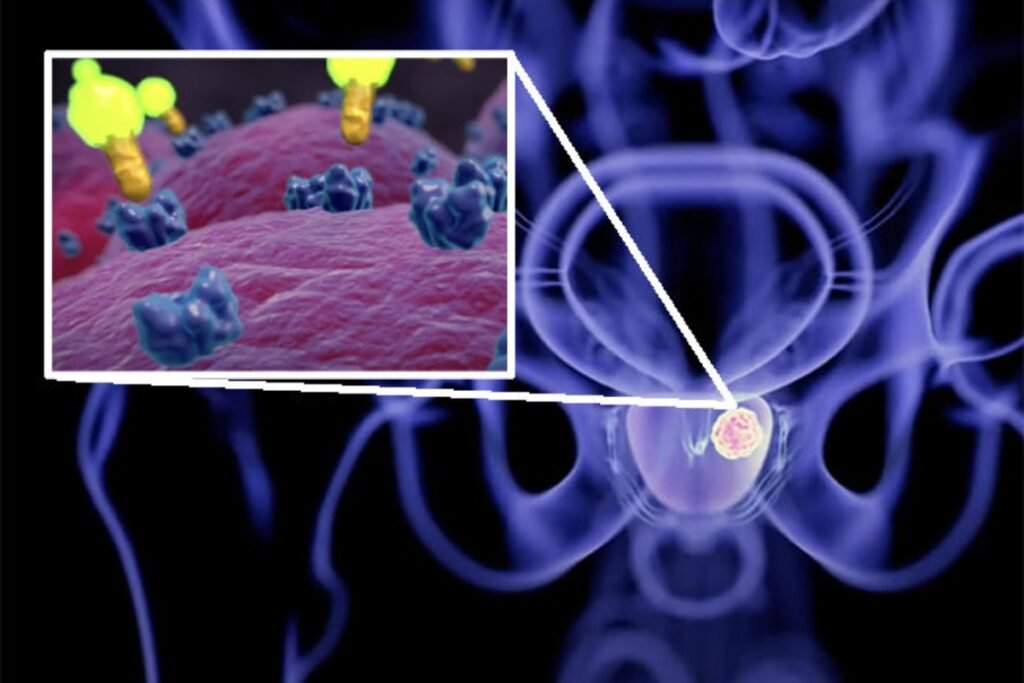Therapy for Prostate Cancer treatment: After progressing on docetaxel and an androgen receptor (AR)-targeted therapy, patients with metastatic castration-resistant Prostate Cancer Treatment (mCRPC) have few treatment alternatives. PSMA is one substance that these patients are trying to reduce. For patients with PSMA positivity, the radioligand treatment lutetium Lu 177 Vipivotide tetraxetan was approved in 2022; nevertheless, its application has been constrained by a number of practical factors.

PSMA: Ultimate Therapy for Prostate Cancer treatment
Patients who have PSMA-avid status on a PSMA PET scan are eligible to utilize this medication. Prostate cancer patients are increasingly using this scan as their therapy for Prostate Cancer treatment , but some physicians are still having trouble finding them.
Many patients in 2022 and 2023 were unable to get 177Lu-PSMA-617 due to supply concerns. Even with the shortages remedied, a number of variables prolong the time it takes for patients to receive treatment. Given that patients in the pivotal VISION study (NCT03511664) who did not receive the radioligand treatment had a median progression-free survival of only 3.4 months, the time between ordering a PSMA PET scan and getting access to 177Lu-PSMA-617 may be too long for some patients with aggressive disease. The cost of this prescription is another roadblock, and insurance approvals can further delay down the procedure.
Academic and community oncologists have exchanged opinions on the use of 177Lu-PSMA-617 and PSMA PET scans during the Targeted Oncology Case-Based Roundtable Meetings on mCRPC. Many doctors talked about how difficult it was to get the medication they needed to treat these patients.
“Due to supply shortages, we can’t even start patients on the drug. But when we could, they still had a delay in start-up,” Alan H. Bryce, MD, medical director of the Genomic Oncology Clinic at Mayo Clinic Arizona, told participants at a live, virtual Targeted Oncology event he moderated in March 2023 for physicians based in southwestern states. “It’s going to be 6 to 8 weeks at least before they can start on [the] drug and there are patients who are going to decline in that window. This potentially impacts the decision of whether or not to use cabazitaxel [Jevtana] because that is immediately available.”
Doctors spoke about their challenges with shortages and the measures they had taken, such as acquiring PSMA PET scans early and taking other therapy choices for this patient population into consideration.
Also Read: How To Deal With Enlarged Prostate In Young Males: Symptoms, Causes And Treatment Options





























